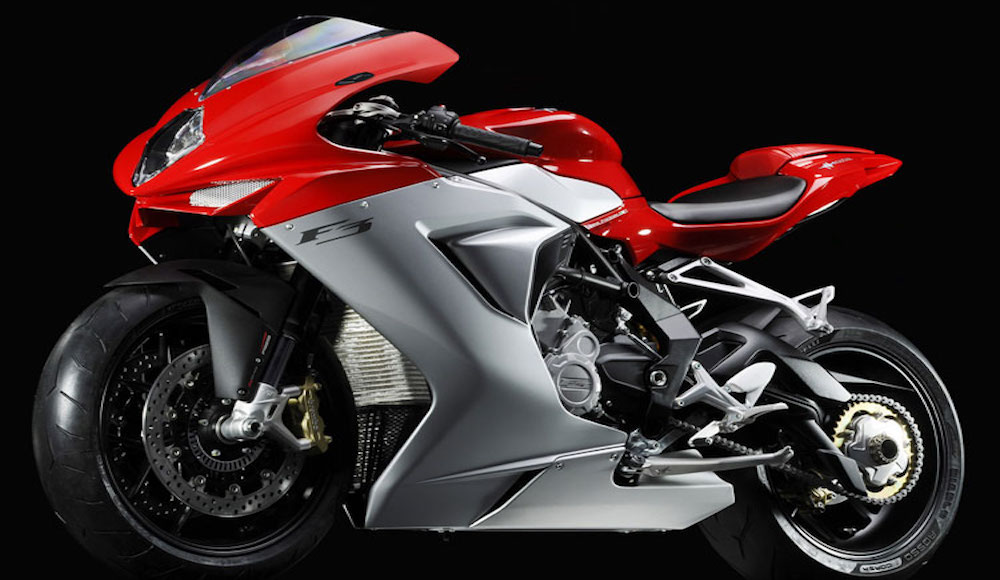28 1 月, 2022
How to Choose the Most Suitable Shock Absorber for Your Motorbike?
Choosing the right shock absorber for your motorbike is crucial for optimal performance, comfort, and safety. Here’s a step-by-step guide on how to select the most suitable shock absorber for your specific motorbike and riding style:
1. Determine Your Riding Style and Needs:
Your riding style significantly affects the type of shock absorber you need:
- Touring: You’ll want a comfortable shock with good damping to handle long rides.
- Off-road/Adventure: Look for heavy-duty shocks with long travel and adjustable settings for varying terrain.
- Sport/Performance Riding: You’ll need stiffer shocks that offer precision and control, especially at high speeds.
- Commuting: Look for a balance between comfort and durability.
2. Understand the Different Types of Shock Absorbers:
There are several types of motorcycle shocks, each designed for specific purposes:
- Standard Twin-Shock Absorbers:
- These are traditional dual-shock setups, typically found on older or cruiser motorcycles.
- Ideal for cruising or touring bikes where long travel isn’t as necessary.
- Monoshocks:
- Found on most modern bikes, particularly sport and off-road motorcycles.
- They provide better handling and performance, especially for aggressive riding or rough terrain.
- Air Shocks:
- Use compressed air to provide adjustable suspension.
- Great for touring and heavy load-bearing, as you can adjust air pressure based on the load.
- Coilover Shocks:
- These shocks use a coil spring over a damping mechanism (hydraulic or pneumatic).
- Suitable for performance riding, as they offer a balance between comfort and control.
- Adjustable Shocks:
- These offer preload, rebound, and compression adjustment.
- Best for riders who want to fine-tune suspension to their weight, road conditions, or specific riding styles.
3. Check Compatibility with Your Motorbike:
Not all shocks are universally compatible. When choosing a new shock absorber, ensure that it fits your motorbike’s model, make, and specifications.
- Length and Mounting: Ensure the shock absorber’s length matches your stock shock absorber. A shock that’s too long or short will alter the handling and performance.
- Mounting Hardware: Some shocks come with mounting kits, but if not, you’ll need to make sure the hardware is compatible.
- OEM vs. Aftermarket: You can either go with the original equipment manufacturer (OEM) shock or look for high-performance aftermarket shocks, depending on your needs and budget.
4. Consider Adjustability:
Shocks with adjustable settings allow you to fine-tune your ride:
- Preload Adjustment: This controls how much weight the bike can handle before the suspension compresses. It’s essential if you carry passengers or extra luggage.
- Rebound Adjustment: This affects how quickly the shock returns to its normal position after compressing. Good for improving handling and comfort on uneven terrain.
- Compression Adjustment: This controls how quickly the shock compresses under load. Useful for performance riding or rough roads.
Higher-end shocks typically offer more adjustability, allowing you to customize the suspension for your specific riding conditions.
5. Consider Your Weight and Load Capacity:
Motorcycle shocks are often rated for specific weight ranges. If you’re heavier or ride with a passenger or luggage, opt for shocks designed to support extra weight without bottoming out.
- Heavy-Duty Shocks: These are built for riders who carry extra weight, offering additional preload and stiffness.
6. Consider the Terrain:
- On-road: If you mostly ride on paved roads, opt for shocks designed for smooth performance and precise handling.
- Off-road: If you frequently ride on rough terrain, consider heavy-duty or off-road shocks with longer travel and better damping for bumps and jumps.
7. Look for Reputable Brands:
When choosing aftermarket shocks, go for well-known brands that specialize in suspension systems. Some of the top brands for motorbike shock absorbers include:
- Öhlins: High-performance shocks used in sport and racing bikes.
- Progressive Suspension: Known for high-quality cruiser and touring shocks.
- WP Suspension: Often used in adventure and off-road motorcycles.
- Fox Racing: Popular for off-road and adventure bikes.
- KYB: Found on many stock bikes and offers both aftermarket and OEM replacements.
8. Budget Considerations:
High-performance, adjustable shocks tend to be more expensive but offer more precise control and better comfort. If you’re on a budget, look for mid-range shocks that provide good performance and some adjustability.
9. Get Professional Advice:
If you’re unsure which shock absorber to choose, consult a professional mechanic or suspension specialist. They can offer advice on the best shocks for your bike model, riding style, and weight.
10. Test Before Buying (If Possible):
If you have the chance to test different shock absorbers on a demo bike, do so. This can give you a real-world feel of how the shock will perform under your riding conditions.
Summary of Key Factors:
- Compatibility with your bike (model, size, mounting)
- Riding style (touring, sport, off-road)
- Adjustability (preload, rebound, compression)
- Weight and load requirements
- Terrain you typically ride on
- Brand reputation and budget

